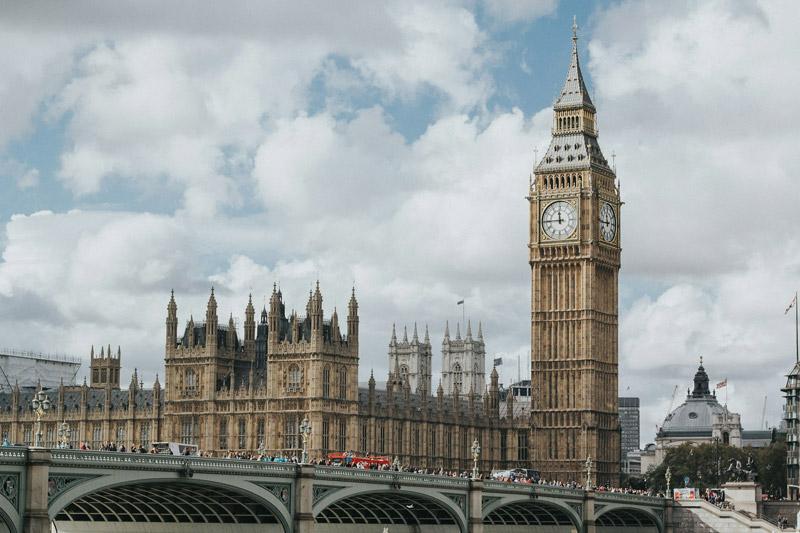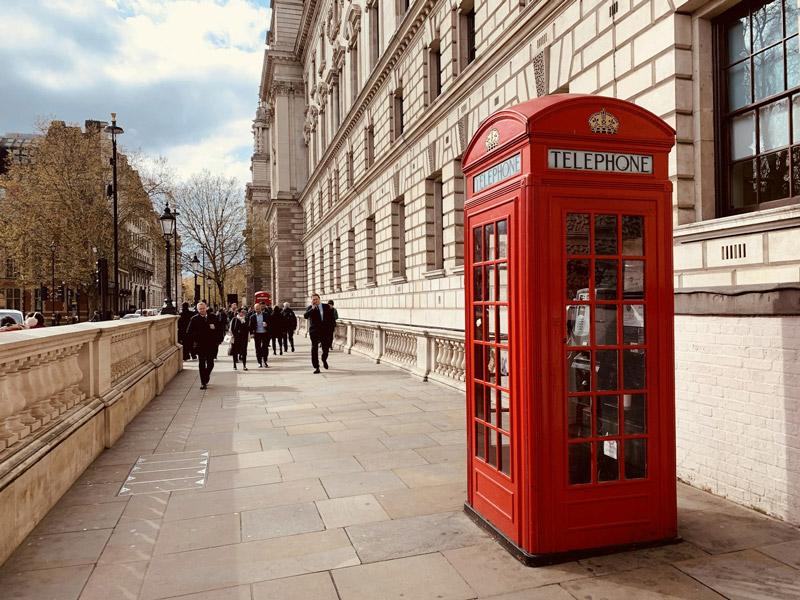The United Kingdom is an island nation located off the northwestern coast of mainland Europe. It comprises the entire island of Great Britain – which includes England, Wales, and Scotland – as well as the northern portion of the island of Ireland. The name Britain is sometimes used to refer to the entire United Kingdom. The capital of the country is London, which is among the world's leading centers of commerce, finance, and culture. Other major cities include Birmingham, Liverpool, and Manchester in England; Belfast in Northern Ireland; Edinburgh and Glasgow in Scotland; and Swansea and Cardiff in Wales.
The United Kingdom boasts a rich and multifaceted history in the realm of the global economy. Once revered as the "workshop of the world," Britain spearheaded technological advancements and innovations during the Industrial Revolution. To this day, the UK remains a significant player in the global economy, particularly in the sectors of financial services, education, and creative industries.
However, in recent decades, Britain's role in the global economy has increasingly shifted towards cultural exports. This encompasses a diverse range of creative products and services, including:
- Literature: British authors like Charles Dickens, Jane Austen, and William Shakespeare have produced literary classics that continue to be admired worldwide.
- Theater: London's West End stands as one of the most renowned theater hubs globally, hosting world-famous productions.
- Film: The UK film industry has brought forth cinematic triumphs such as "The King's Speech" and the "Harry Potter" series.
- Television: British television shows like "Downton Abbey" and "Sherlock" have garnered immense popularity among international audiences.
- Music: Britain is the birthplace of music legends like The Beatles, The Rolling Stones, and Adele.
These cultural exports not only significantly contribute to the UK economy but also play an increasingly crucial role in introducing the nation's culture and values to the world stage.

Migration Rules
The United Kingdom, a nation steeped in history and cultural richness, has long held a magnetic appeal for individuals from across the globe seeking to establish new lives within its borders. However, like any gateway to a new world, the UK's immigration laws present their own set of intricacies and complexities.
The UK's immigration landscape is characterized by its intricate nature and evolving regulations. Depending on your personal circumstances, various pathways may be available for you to make the UK your new home.
The United Kingdom government is committed to establishing a more streamlined immigration system that attracts highly skilled individuals while effectively managing overall migration levels. This means that requirements for certain visa categories are becoming more stringent. UK immigration regulations are constantly evolving, and staying informed is crucial for prospective migrants. Here's a breakdown of some of the key recent changes:
1. Points-Based System: Since February 2020, a new points-based system has been implemented for Skilled Worker visas. Applicants must meet specific criteria and accumulate a designated number of points to qualify.
2. Graduate Work Visa Abolition: The Graduate Work visa, which allowed international graduates of UK universities to remain and work in the country for two years post-graduation, has been discontinued.
3. Visa Fee Hikes: The fees for most UK visas increased in 2024.
UK Visa Salary Thresholds and Family Visa Requirements: Key Updates
The UK government has implemented significant changes to visa salary thresholds and family visa requirements, effective April 4, 2024. These modifications aim to attract highly skilled individuals and address immigration concerns. Let's break down these updates:
1. Skilled Worker Visa Salary Threshold Increase:
The minimum salary requirement for the Skilled Worker visa, a popular route for skilled professionals, has been substantially raised from £26,200 to £38,700 per annum. This change reflects the government's focus on attracting highly skilled workers who can contribute to the UK economy.
2. Family Visa Minimum Income Increase:
The minimum income threshold for sponsoring a family member for a visa has also witnessed a notable increase. The required income has risen from £18,600 in April 2024 to £29,000, with a further increase to £38,700 expected in early 2025, aligning it with the Skilled Worker visa salary threshold.
Dependent Restrictions for Certain Occupations:
a. Care Workers and Health Professionals:
Starting March 11, 2024, holders of these visas will initially be restricted from bringing along their immediate family members, such as spouses and children. This measure aims to address concerns about the potential strain on the UK's public services.
b. Exceptions:
Exceptions exist for certain circumstances, such as when the dependent is already in the UK or has a pre-existing right to reside. Individuals should carefully review the specific eligibility criteria for these exceptions.

Cities
England, a nation steeped in history and brimming with cultural vibrancy, is renowned for its diverse array of captivating cities. From the bustling metropolis of London to the charming seaside towns, exploring England's urban landscape promises an unforgettable experience for every traveler.
Costs
The cost of living in England varies considerably across its different regions. London stands out as significantly more expensive than other parts of England. Cities like Manchester, Birmingham, and Edinburgh are generally more affordable, while smaller towns and villages offer the lowest living costs.
Housing: Rent is typically the most significant expense. Expect to pay a premium for central locations and larger properties. Utilities like electricity and gas also add to the housing costs.
Factors Influencing Cost of Living
Location: London's status as a global financial hub and a major tourist destination drives up its living costs.
Housing Demand: Areas with high housing demand, such as popular cities and university towns, tend to have higher rental and property prices.
Lifestyle: Urban areas often offer a wider range of amenities and entertainment options, which can translate into higher costs for dining, transportation, and leisure activities.
Utilities:
- Electricity, gas, and water are included.
- Costs vary depending on usage and season.
Council tax:
- This tax is calculated based on the property's value and location.
Lifestyle:
- Dining out: Can be expensive, especially in tourist areas. Consider more affordable options like chain restaurants or cooking at home.
Transportation:
- Public transportation tickets and gasoline are expensive. Consider walking, cycling, or using public transportation whenever possible.
